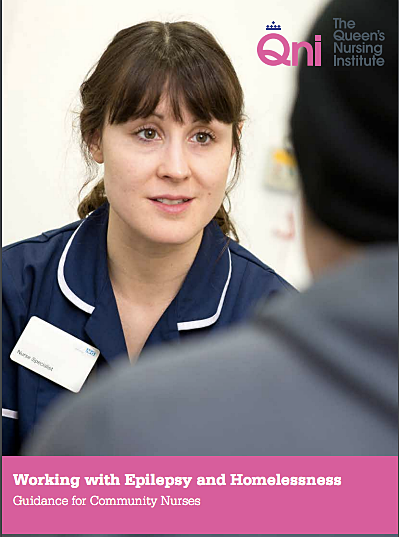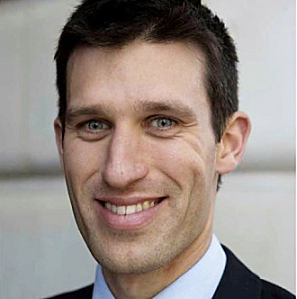The Queen’s Nursing Institute (QNI) in England has published a new guide for community nurses supporting homeless people living with epilepsy. Developed with epilepsy specialist nurses in the UK and nurses with clinical and research experience working with homeless people, the guidance was drawn up in response to growing evidence that the homeless are at much greater risk of having or developing epilepsy.
Informal evidence from health professionals suggests that specialist epilepsy services do not effectively reach homeless people. A French study found that even discounting the presence of alcohol-related seizures, 8 percent of a homeless population studied had active epilepsy, which is least eight times the epilepsy rate in the general population.
The authors observe that homeless people may struggle to gain access to specialist services they need, so frontline nurses should be sure they know how to identify epilepsy, offer basic advice, and link homeless clients to specialist services.
The QNI new guidance is intended as a resource and reference for professionals and their patients during health appointments, to equip community nurses with greater knowledge and confidence when supporting people with epilepsy, and epilepsy professionals with better understanding of the risks and realities associated with caring for epileptic patients in general, particularly people with epilepsy who are also experiencing homelessness.
 The 12-page document Working with Epilepsy and Homelessness: Guidance for Community Nurses, addresses specific risks and needs of homeless people and contains useful advice to help enable nurses support homeless patients who have epilepsy, as well as practical guidelines for coordinating their care.
The 12-page document Working with Epilepsy and Homelessness: Guidance for Community Nurses, addresses specific risks and needs of homeless people and contains useful advice to help enable nurses support homeless patients who have epilepsy, as well as practical guidelines for coordinating their care.
It includes information about causes of epilepsy, various seizure types, essential first aid, treatment, and the practicalities of living with epilepsy while homeless. The guide provides an overview of what epilepsy is, how it is treated, and the sorts of support nurses can provide to homeless epileptics to help them minimize risk of harm and live as well as they can with their epilepsy under the circumstances.
The guidance document was developed as part of the QNI’s Homeless Health Project with funding from the The Monument Trust. Its authors were informed by the knowledge and experience of 10 epilepsy specialist nurses and 10 specialist homeless health professionals from the UK.
“For people who have a regular address, employment, and who are registered with a GP, it can often be difficult to access the right services to support them with their epilepsy,” Tony Linklater, an epilepsy specialist nurse at the Sir William Gowers Unit at the Epilepsy Society’s Chalfont Centre in Buckinghamshire, said in an Epilepsy Society press release.
“For people who are homeless and possibly living on the street, this problem can be exacerbated many times. We have a well-documented shortage of epilepsy specialist nurses in the UK so it is vital that we make sure our community nurses have the right information and knowledge about epilepsy, so they can feel confident to recognize epilepsy, give basic advice and signpost to specialist services,” he said.
 The QNI’s Homeless Health Project Manager David Parker-Radford, said in the release that diagnosing epilepsy and treating it can be complex and requires many health appointments and tests.
The QNI’s Homeless Health Project Manager David Parker-Radford, said in the release that diagnosing epilepsy and treating it can be complex and requires many health appointments and tests.
“This means it is even more vital that epilepsy services find proactive ways to reach vulnerable high-risk people, including those who may not be registered with a GP. All people living with epilepsy have the right to excellent care and treatment not only those with stable support and housing,” he said.
The QNI is a charity established in 1887 with a grant of £70,000 allocated by Queen Victoria from the Women’s Jubilee Fund. Originally named the Queen Victoria’s Jubilee Institute for Nurses, the organization received a Royal Charter 1889 with its mandate to provide the “training, support, maintenance, and supply” of nurses to care for the sick poor, as well as to establish training homes and supervising centers.


